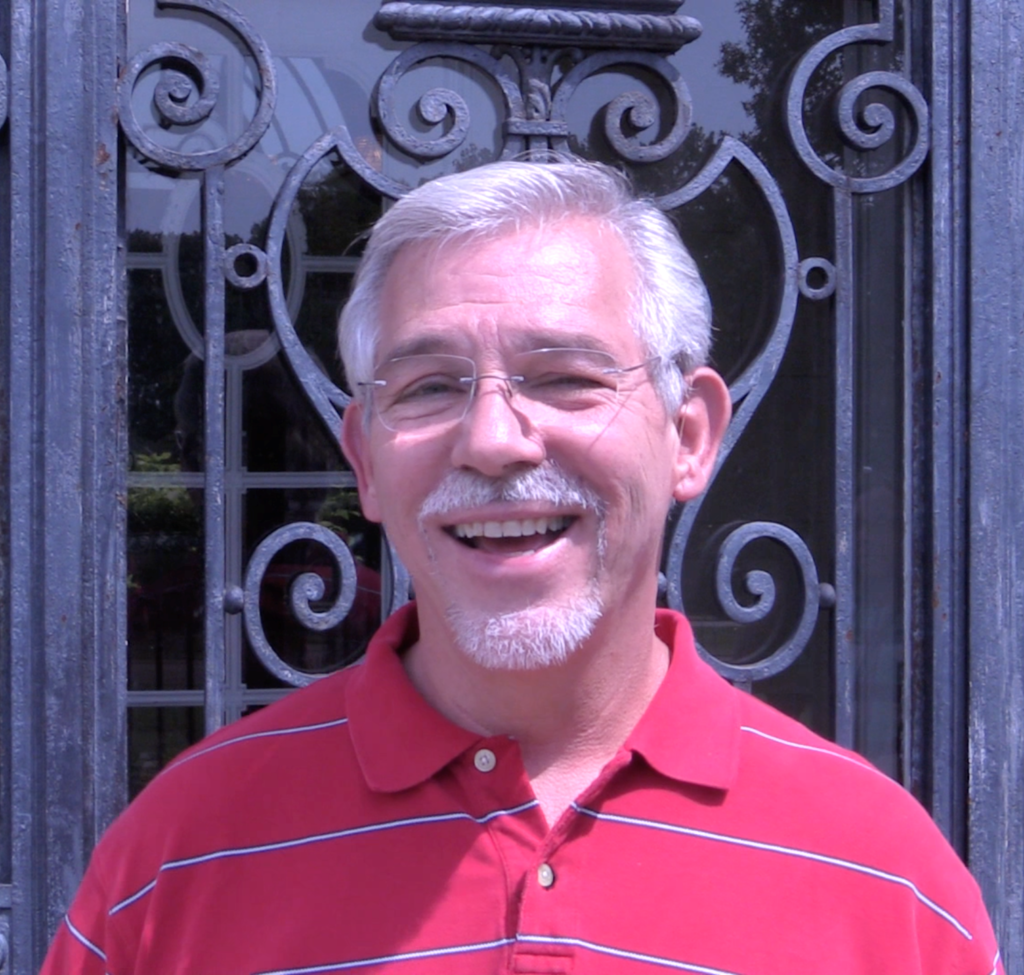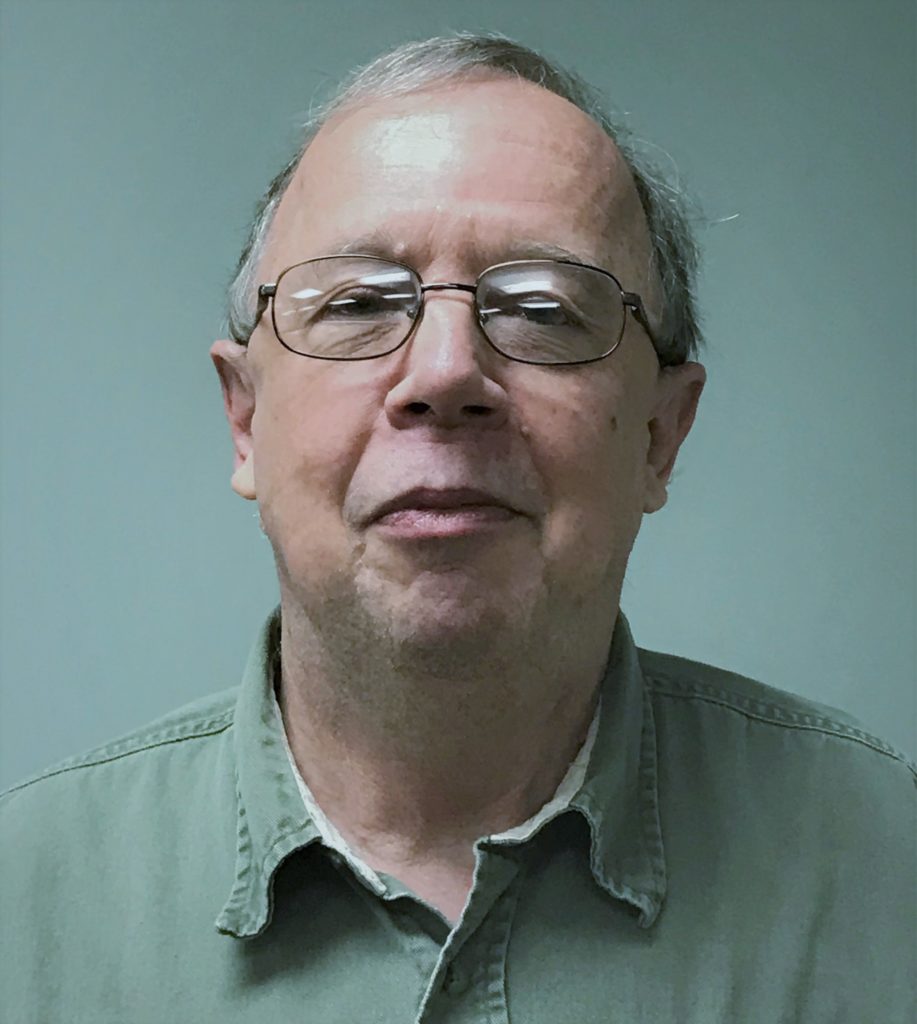Memphis Theological Seminary is pleased to announce the newly-established Cumberland Presbyterian House of Studies (CPHS), whose mission is to nurture students for ministry leadership in the Cumberland Presbyterian Church. CPHS is intended to ensure the ongoing relationship of students with their churches, as well as the ongoing practical connection of the broader Cumberland Presbyterian Church to the resources of formation offered by the seminary.
The Cumberland Presbyterian House of Studies will be directed by Reverend Michael Qualls, who has had a long relationship with MTS—in addition to earning his MDiv at MTS, Qualls was also the fourth Director of the Program of Alternate Studies, taught courses as adjunct faculty, and served for nine years on the MTS Board of Trustees.
Originally from southeast Arkansas, Qualls says he was called into ministry at a very young age. “I preached my first sermon at the age of fifteen, and began serving in a pastoral role during my sophomore year of college.” Qualls was ordained at twenty-two years old, earned his DMin from Columbia Theological Seminary, and currently serves as interim pastor of a congregation in Forrest City, Arkansas.
I am excited to be named the first Director of the Cumberland Presbyterian House of Studies at Memphis Theological Seminary,” Qualls says, “At CPHS, we will celebrate important events in Cumberland Presbyterian history with the seminary community and provide interaction with Cumberland Presbyterian clergy from across the denomination.”

“CPHS is made possible by the Baird/Buck Endowment which recognizes the need to support the Cumberland Presbyterian Church,” Qualls says, “The ultimate goal is to fully endow a faculty position here at MTS, called the Chair of Cumberland Presbyterian Studies. The endowment has raised around $500,000 toward the needed $1.2 million required. Meanwhile, the establishment of a Cumberland Presbyterian House of Studies is an important intermediate step—something positive we can do while we continue to work and pray toward the ultimate goal. A faculty position in Cumberland Presbyterian studies remains on the horizon. Meanwhile, we are using a portion of the earnings generated by the existing fund to do some very good work toward the same purpose.”
One example of this good work was a program held at Memphis Theological Seminary’s Scholars week, in which the newly formed Cumberland Presbyterian House of Studies at Memphis Theological Seminary sponsored its first major event to connect CP students with the church at large.
The approximately thirty-three participants included MTS students, college students from Bethel University, faculty and staff, and denominational leaders and clergy from the mid-south.
The program, entitled Some Days Are Diamonds Some Days Are Stones, explored the best and worst parts of pastoral ministry. Presenters Rev. Micaiah Tanck, Rev. Brian Tanck, Rev Kip Rush, and Rev. Endia Scruggs shared honestly, warmly, and poignantly the wealth of knowledge borne of experience in leadership of congregations. Upon leaving, one of the audience members remarked, “this is exactly what the church needs–more of this, please.”

One Cumberland Presbyterian student at MTS, David Sprenkle, says his route to pursing a seminary degree was certainly not a straight line. David grew up Lutheran and attended the University of Pennsylvania. He was active in Campus Crusade for Christ for many years. As a professional purchaser who worked in Ft. Worth, Texas and Memphis, he always worked as a Minister of Music. Wherever and whatever his call, he knew music was a part of it. But at different times in his life, David also felt the call to preaching ministry. Following retirement and the death of his wife of thirty-six years, David knew it was time. He knew God had led him to Memphis and to MTS.

Sprenkle says he is already “very impressed” with the work of the Cumberland Presbyterian House of Studies. At Scholar’s Week, he says, “We gained valuable insights directly from several CP pastors–some who had been in the ministry a long time and others just a few years. We got to see how theory works in practice through the successes and failures of real people dealing with real church settings. I think the CPHS has already made a difference on campus by bringing our denominational representatives and students together to learn more about being a CP pastor.”
